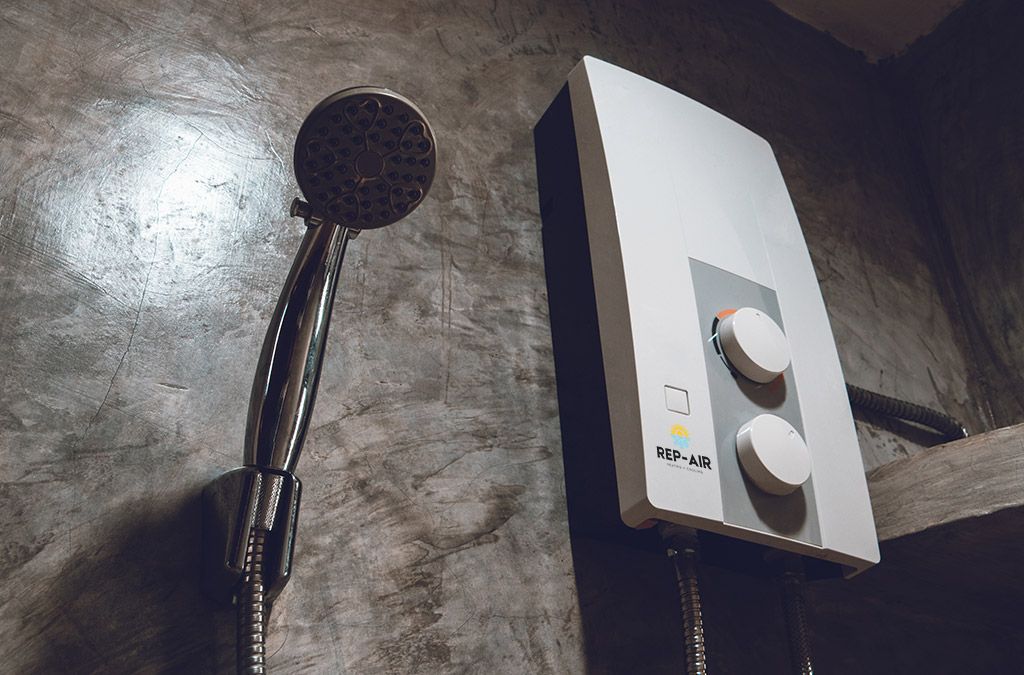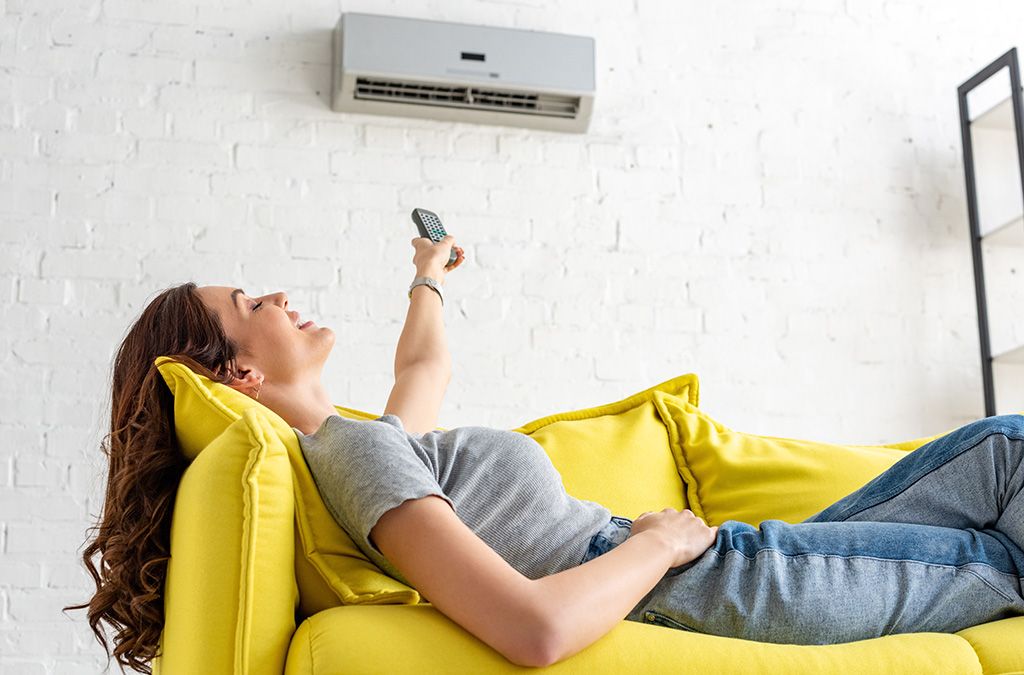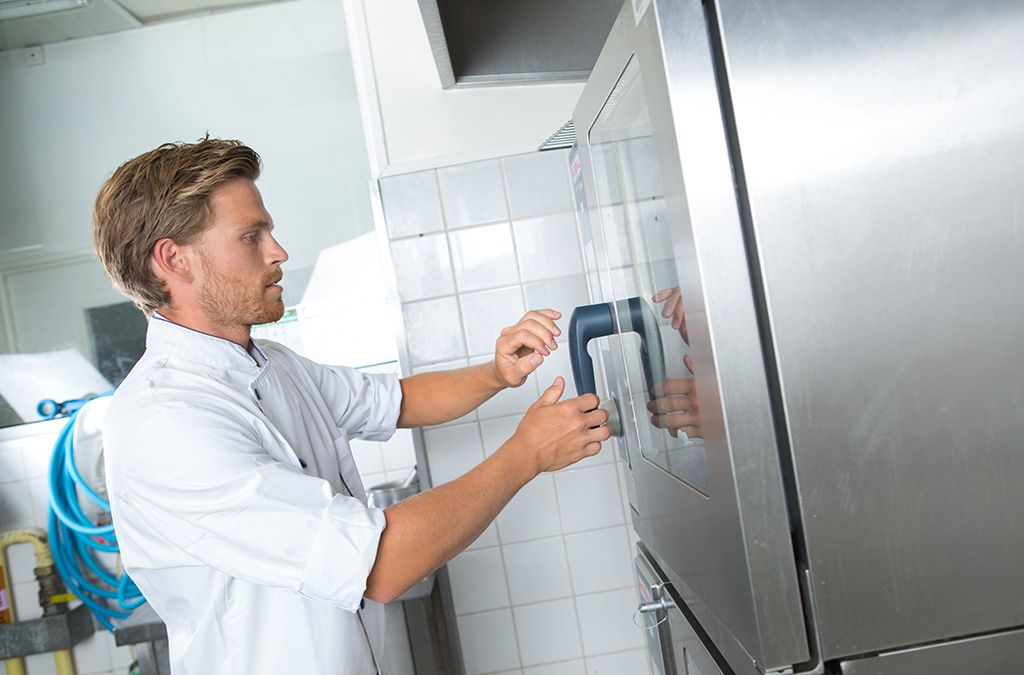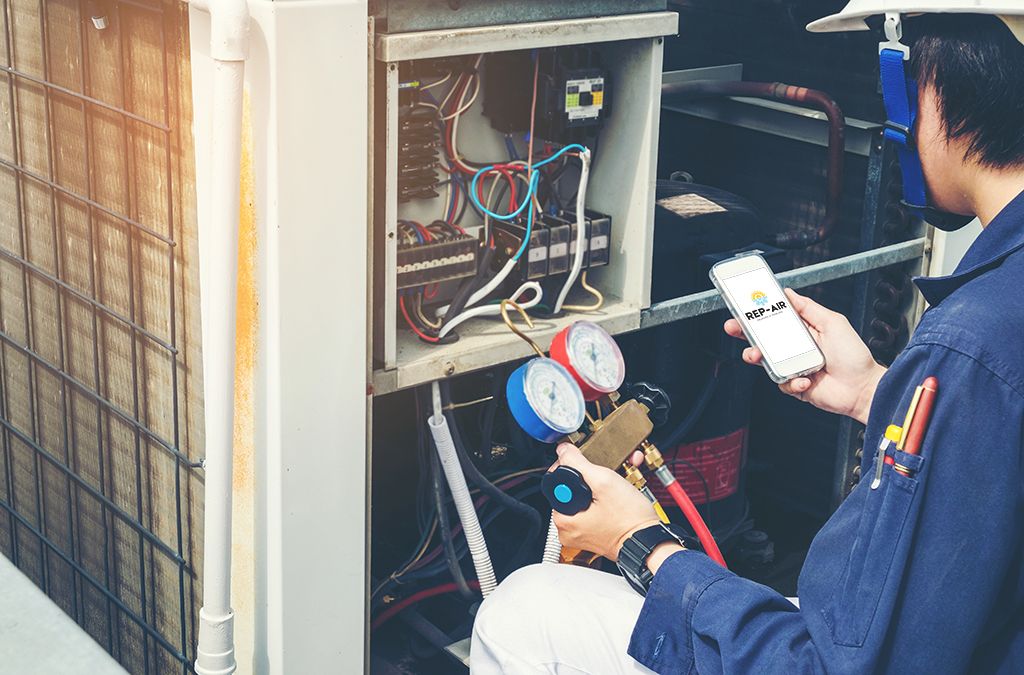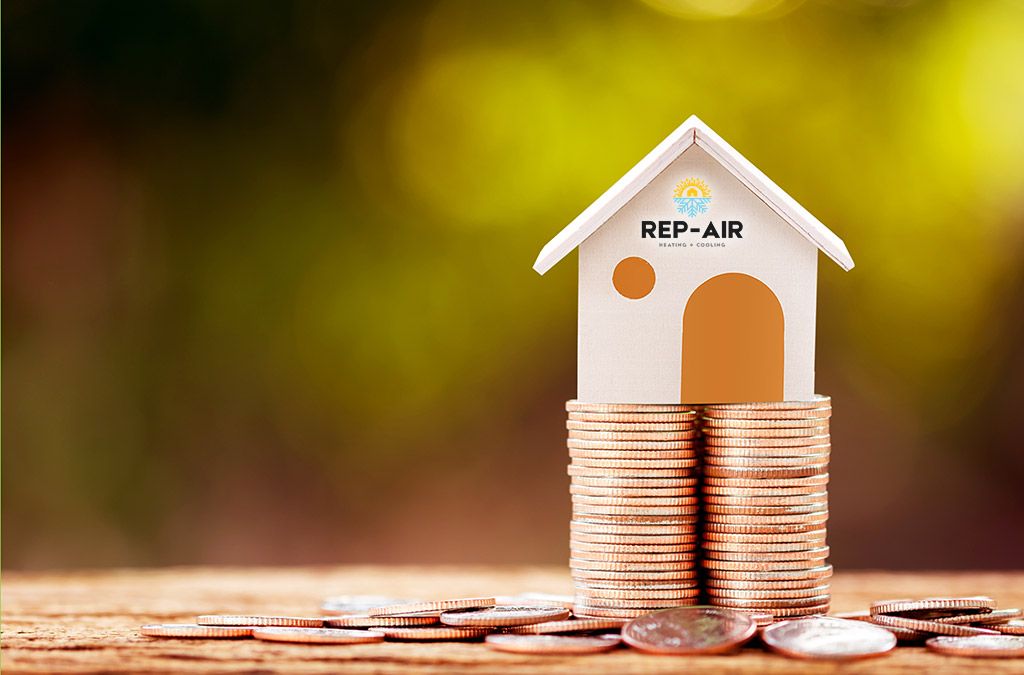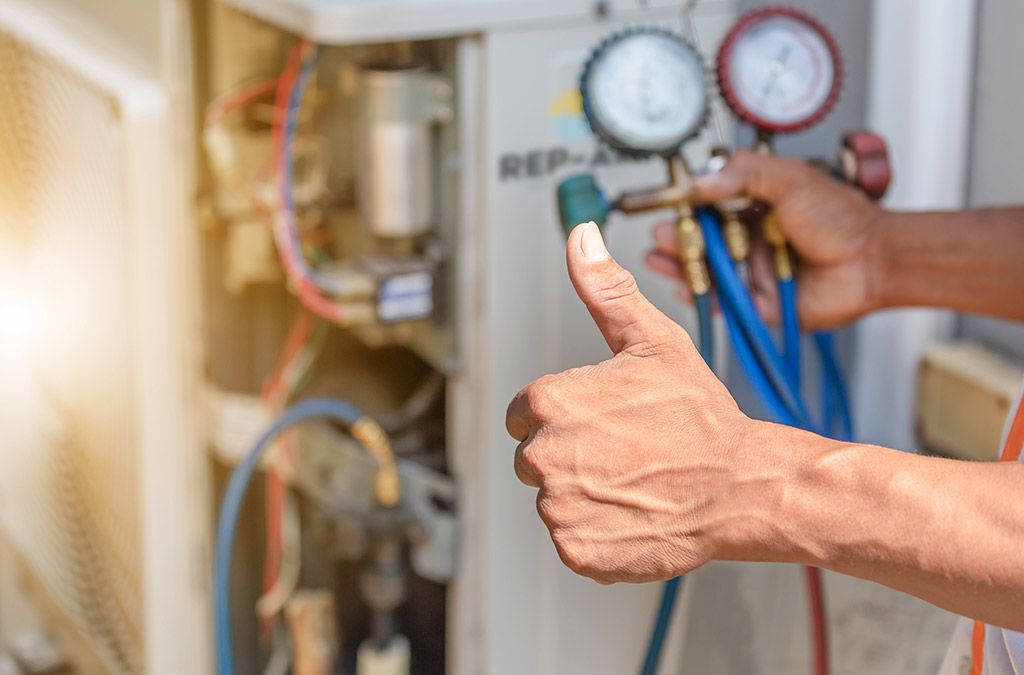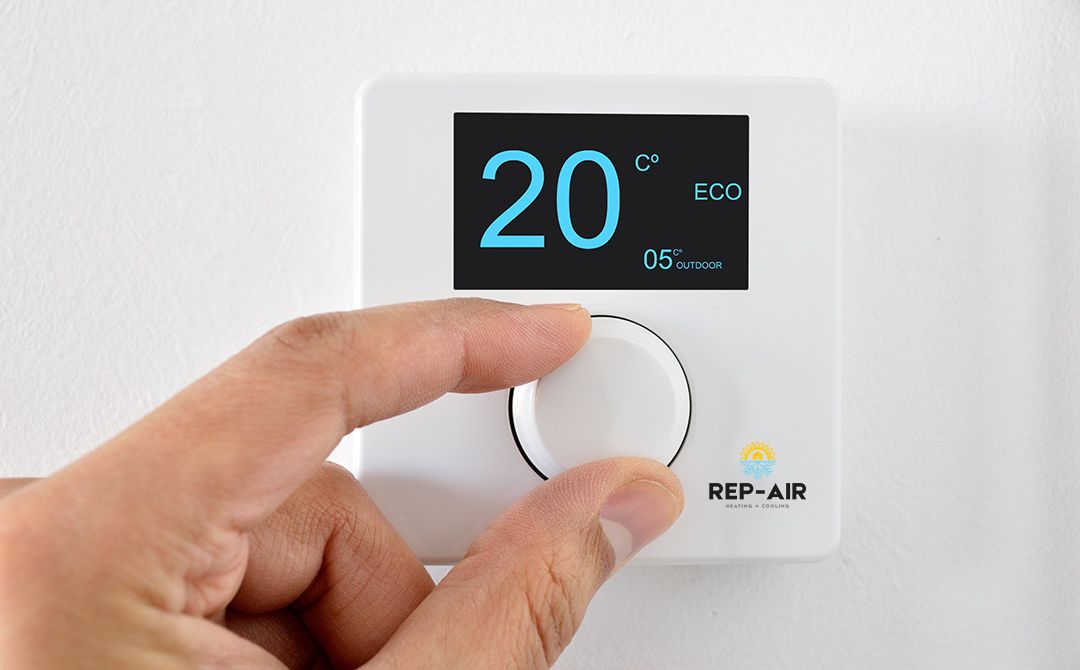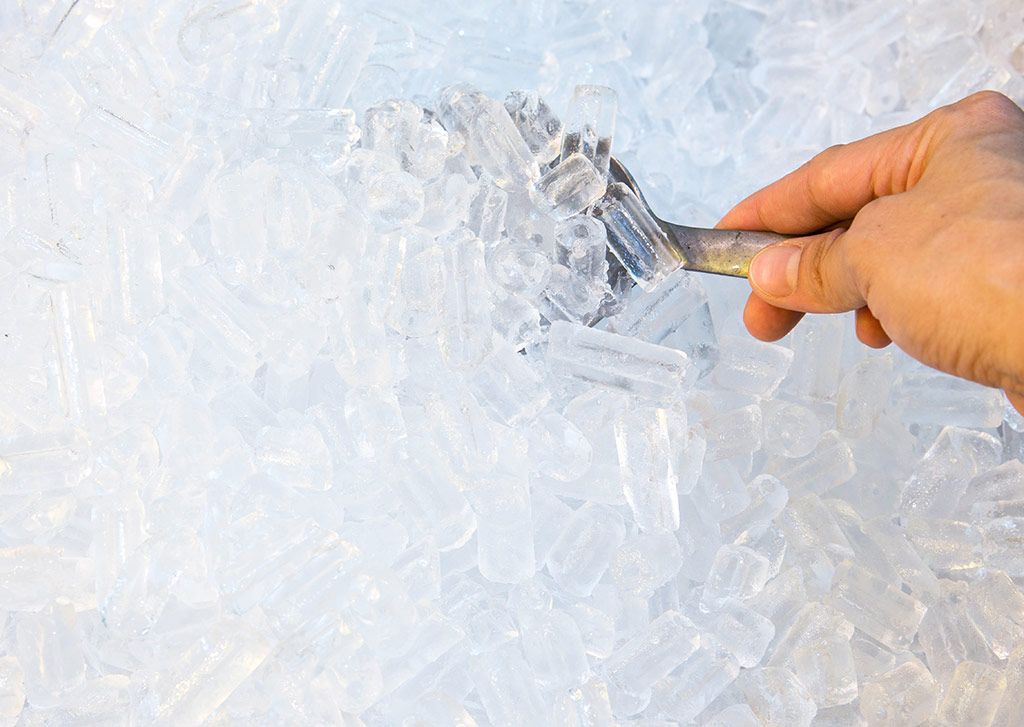5 Benefits of Tankless Hot Water Heaters
Did you know that you have the option to upgrade your hot water heater and improve your home’s water supply? Yes, it’s true. While having a tank water heater is a classic means of dispersing hot water throughout your entire home, it is by no means your only option if and when the heater gets too old to maintain any longer. Tankless water heaters are becoming more and more popular as the years go on.
Is there a reason to upgrade to tankless right away? It turns out that yes, there is! Here are five key benefits to owning a tankless hot water heater as opposed to sticking with the classic tank one.
Hot Water on Demand
This is the main perk of any tankless water heater. Not only does it allow you to have hot water whenever you need it, but also a tankless heater doesn’t need to store tons of gallons of water in order to function. This means you use less water and save more of that resource and energy in the process (depending on how much your household uses it per month).
The supply of water from a tankless is also continuous, as opposed to limited. This is what makes these heaters so ideal if you own a hot tub. Simply put, a tankless will never run out of the water you need.
Less Energy Usage
Water loses its heat as soon as it sits for a while, every time. This is why it takes so much more energy usage for traditional tank hot water heaters to work, because it will continually turn on and off in order to provide hot water at the ready.
A tankless hot water heater, as we mentioned, heats the water faster and only when you really need it, which is a much more energy efficient way to use it. A properly sized unit can deliver a constant supply of water at preset temperatures—up to 5-7 gallons per minute. This can actually reduce your heating costs of hot water and save money over time.
Flexibility
Tankless water heaters can actually be fixed anywhere in the house, as opposed to the one specific place such as the basement (a classic choice for most water heaters). Their compact sizes, which take less space than conventional tanks, adds to their sense of versatility and flexibility. The materials they’re made of further contributes to their low operating costs compared to those of traditional tank heaters.
A Long Lifespan
If you own a tank water heater, you’re looking at about a decade of usage before it needs replacing. With tankless, however, they can last twice as long (provided they are well cared for and maintained, of course).
It helps that tankless heaters need less gas or electricity to run compared to tanks. Plus, they’re more repairable with replaceable parts by your HVAC technician, unlike the traditional tanks which often needs to be replaced completely.
Safety
Another good reason more and more homeowners are opting in to have tankless heaters installed is because of the latest developments in HVAC technology. The newest heaters on the market come with several innovative features, which further boost their safety benefit.
For example, some recent models come with monitoring systems that provide details about your heater’s water pressure and flow—something you have to second guess at with traditional tanks. And in case there is a system failure, the machine would instantly turn the heater off. Plus, because the latest models have more replaceable parts than traditional tanks, it means less impact in the long-term on the environment.
The tankless’s ability to function only when hot water is needed also adds to its safety perk. This is really unlike the other storage type units, because the latter are almost permanently on…even when it may not be best if they are.
So, now you know more about tankless hot water heaters! If you’re convinced it’s time to update your old heater to a tankless one, you’re going to need professional help. This is by no means a DIY project, and we offer water heater service as well as several others. Give us a call! At Rep-Air Heating And Cooling we provide our customers with many options that will best suit your needs from heating and cooling to refrigeration. Contact us today for your complimentary quote: 1-844-218-3362 or [email protected] and don’t forget to take a look at our website: https://www.repairheatingandcooling.com. Follow us on Facebook and Instagram for free giveaways!

